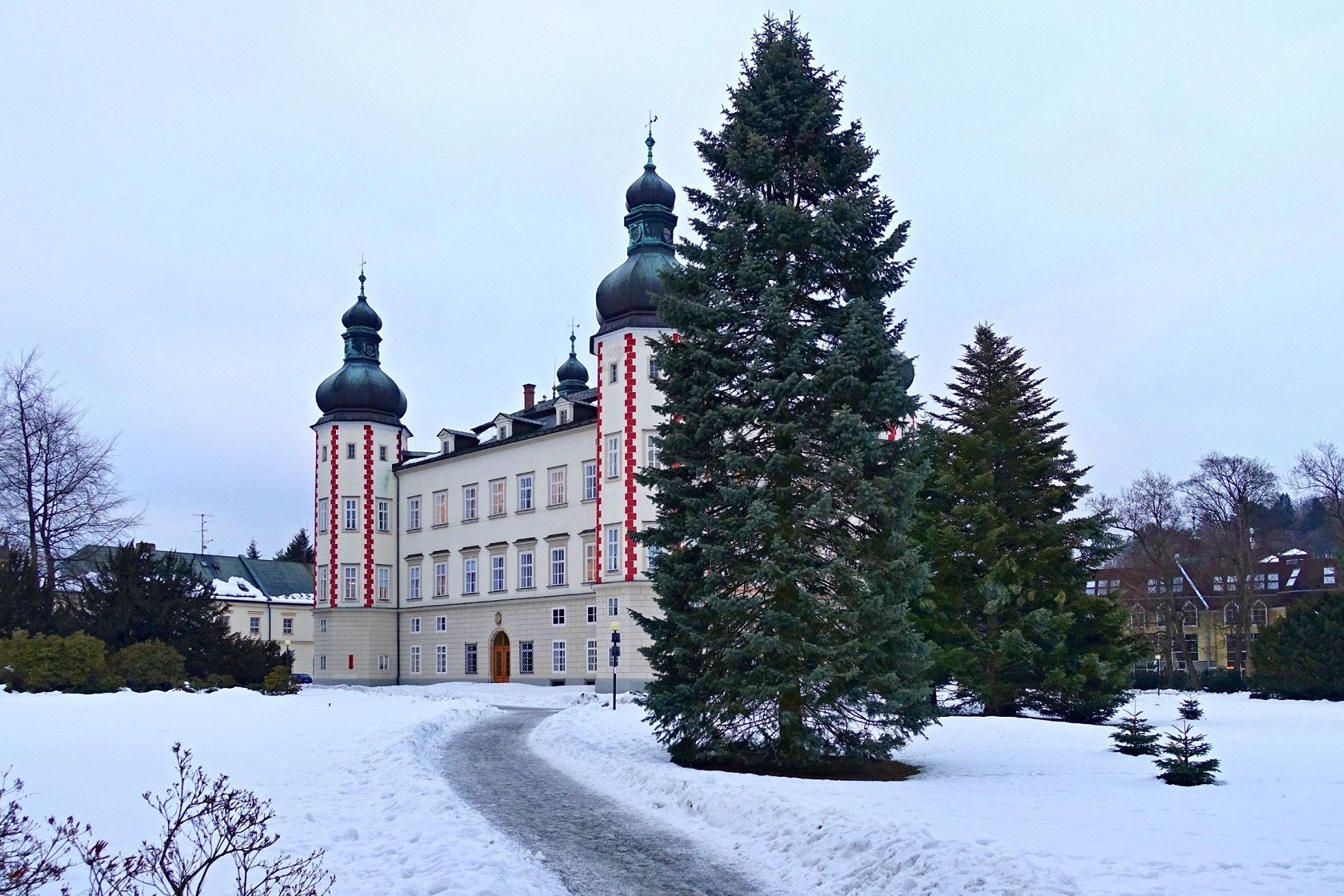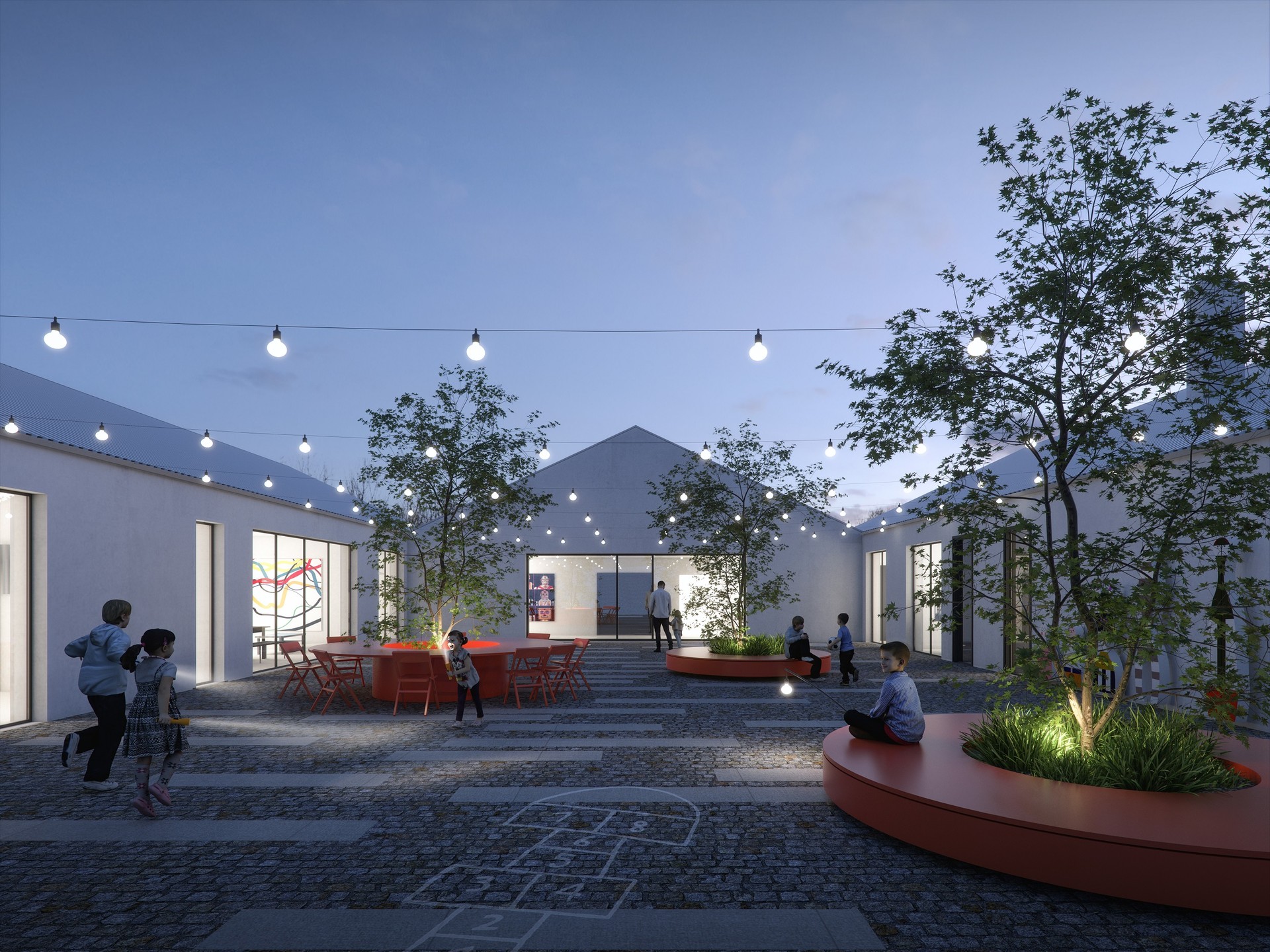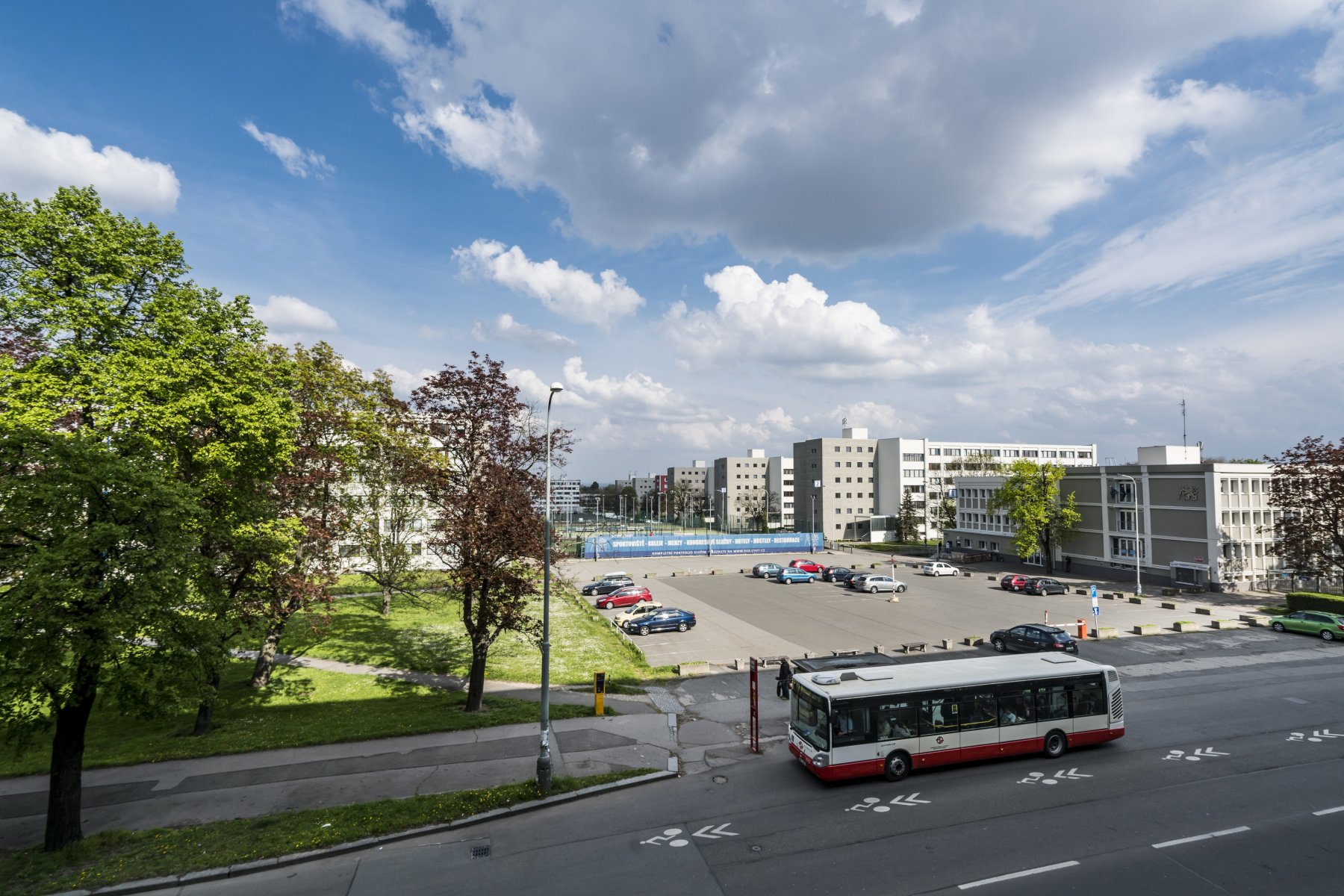Energy saving projects from ČEZ ESCO saved customers a quarter of a billion crowns
A reduction in the cost of energy, heat, gas, and water consumption by CZK 248 mil. was last year’s contribution of a total of 39 guaranteed energy-efficient projects (EPC) provided in the Czech Republic and Slovakia by ENESA from ČEZ ESCO. The savings were up by 9 percent year-on-year, which means CZK 25 mil. In ecological terms, the savings mean a reduction in CO2 emissions by 39,300 tonnes – which is the amount produced by one block of a coal-burning power plant with an output of 100 MW in two weeks of regular operations.
“The importance of projects generating energy savings has proven important during the present COVID pandemics. Municipal, regional, hospital, and school budgets will save hundreds of millions of crowns that they can put to better use elsewhere. Such projects are ideal and most beneficial, for example, for hospitals, i.e., extensive grounds that are demanding in terms of energy, that run in a 24/7 mode. Excellent news is that now EPC projects can be combined with subsidies from OPENV and OPEAI,” says CEO of ČEZ ESCO, Kamil Čermák.
the largest PROJECTS save more than CZK 20 mil. per year
The greatest annual energy savings were achieved by the Prague Congress Centre (KCP). The contractually guaranteed annual saving of CZK 24.5 mil. was exceeded by 26%, as the preliminary estimates show. “We are happy that at this time when the building is not so heavily used due to the pandemic, we are able to set and monitor consumption in detail. Now our investment in energy-efficient measures pays double,” confirms Lenka Žlebková, CEO of the Prague Congress Centre.
The total saving generated by all EPC projects recalculated into heat units amounted to 473 TJ, which equals the average consumption of nearly 19,000 households in apartments or approximately 10,000 households in family houses.
Last year was marked primarily by the implementation of the largest energy-efficient project in the country, which has saved nearly 22 million crowns as of this year, at 9 dining hall and dormitory locales of the Czech Technical University in Prague. “We are one of the best technical schools in the region and we want our students to have the best possible accommodation. Furthermore, the energy renovations will cut the cost of power and water by one quarter, which is a major operating saving,” says ČVUT Rector Vojtěch Petráček. Despite all the restrictions related to the Covid pandemic, ENESA successfully launched power-saving measures worth CZK 232 mil. on time.
EPC projects contractually guarantee savings to customers and, if that is not fulfilled, the difference must be refunded to the customer for a period of ten years. The amount of savings is easy to prove, thanks to a comprehensive system of data measurement and energy management. Another advantage is that the customer need not invest any of its own funds in the efficient technologies, as all investment measures are paid for from the savings generated by the project.
TOWNS AND REGIONS SAVE
EPC’s most frequent customers are towns, regions, and organisations that they subsidise. Last year, two primary schools and one kindergarten, as well as the castle and city hall, in Vrchlabí started to save. “In the year before, the cost of power at these buildings amounted to approximately CZK 5.5 million, including VAT. As of last year, they are one million lower,” says Mayor Jan Sobotka, in explaining the benefits of the project.
Jablonec nad Nisou has saved energy with EPC for five years now. “Thanks to the project, we were able to renovate most boiler rooms. ENESA also optimised the operation of heat pumps. Many light fixtures were replaced with cost-efficient compact fluorescent lamps or LED fixtures. The modifications cost CZK 32.3 mil. which we are now repaying from the savings achieved,” says a member of the Jablonec City Council, Miloš Vele, one of the people behind the project.
The EPC method is also successfully used at hospitals, as is documented by the results of the Jihlava and Česká Lípa hospitals: each of them saved more than CZK 14 mil. on utilities last year alone. Also, the Karlovy Vary hospital reports a similar saving. “For us, it was a sure bet, as the supplier of the technology is contractually responsible for the quality of the solution provided. A major energy saving means that, in the future, we will be able to shift the money saved to areas where it is needed the most: into further improvements in care for our patients,” says the hospital’s former CEO, Jitka Samáková. The EPC method pays in the Litomyšl, Chrudim, and Ústí nad Orlicí hospitals.
FIRST swallows in industry
In industry, which is, together with transport, one of the most energy-intensive sectors, EPC projects have been rare. ENESA, the largest provider of EPC projects in the Czech Republic, has two in its portfolio: at Tatra Truck, where replacements of lighting fixtures worth CZK 55 mil. generate an annual saving of CZK 10 mil., and at VOP CZ, s.p., where utility costs of at least CZK 7 mil. have been saved for three years. The end of last year meant further significant support for the EPC market – a new subsidy call was launched in November 2020, this time for industry. It could contribute to greater EPC use in the sector.
ENESA’s name is on two award-winning projects in the competition for the 2019 Best EPC Project in Preparation: the Czech Technical University and modernisation of the Prague 14 City Hall. It was also behind the development of the Performance Design Build (PDB) method that applies EPC principles in new development. The South-Moravian Region chose that method in the construction of new pavilions of its Children’s Speleo-therapy Sanatorium in Ostrov u Macochy. ENESA is responsible for its energy economy and subsequent energy management.
“We are happy that we can participate in this, because this project sets future standards for the PDB methods, which will increase in attractiveness for contracting entities due to the permanent pressure to increase the energy-efficiency of buildings,” concludes Milan Dorko, CEO.
The company is also engaged in energy-related construction. Last year, it replaced more than 8 km of original steam lines in Janské Lázně with hot-water lines, which meant a significant reduction in heat loss and the related lower consumption of fuel and lower CO2 emissions by 3,800 tonnes per year.
summary of annual savings
Economic indicators
|
Number of active EPC projects |
39 (3 of them in Slovakia) |
|
Guaranteed annual savings |
223 mil. CZK |
|
Actual annual savings |
248 mil. CZK |
|
Guaranteed savings exceeded by |
11% |
|
Annual increase in actual savings |
9% |
Annual environmental benefits
|
CO2 emissions |
39,000 tonnes of C2 |
|
Energy savings in technical units |
473,000 GJ or 131,000 MWh |
|
Which corresponds to the heat consumption of |
19,000 households in apartments or nearly 9,000 households in family houses |
- 2020 IN ELECTROMOBILITY: ELECTRIC CARS DREW A QUARTER MORE ENERGY AT ČEZ. CHARGING BEGAN TO BE CONTROLLED BY SOFTWARE FROM THE ISRAELI COMPANY DRIIVZ
- Making electricity for a small town from drain water, to save over 1,500 tonnes of CO2
- ČEZ Prodej installed 660 rooftop photovoltaics and 514 heat pumps last year. Their combination is a hit
- All the way to the bottom of a nuclear reactor or to the top of a wind power plant! Energy fans can visit ČEZ power plants online for the first time


